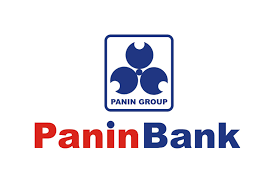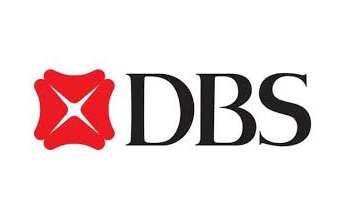
China Construction Bank
AdministrationCode: 036
CCB was founded on 1 October 1954 under the name of People's Construction Bank of China (Chinese: 中国人民建设银行; pinyin: Zhōngguó Rénmín Jiànshè Yínháng), and later changed to China Construction Bank on 26 March 1996.
In January 2002, CCB Chairman Wang Xuebing resigned from the bank after being charged with accepting bribes while he was employed with Bank of China; he was sentenced to 12 years in prison. In March 2005, his successor, Zhang Enzhao, resigned for "personal reasons". Just prior to his resignation, he had been charged in a lawsuit with accepting a US$1 million bribe. He was later sentenced to 15 years in jail in connection with the case.
China Construction Bank Corporation was formed as a joint-stock commercial bank in September 2004 as a result of a separation procedure undertaken by its predecessor, China Construction Bank, under the PRC Company Law. Following the China Banking Regulatory Committee's approval on 14 September 2004, the next day the bank (Jiayin) became a separate legal entity, owned by the Chinese government holding company, Central Huijin Investment Company or simply Huijin.
During the 2013 Korean crisis, the China Construction Bank halted business with a North Korean bank accused by the United States of financing Pyongyang's missile and nuclear programs.
In 2015, China Construction Bank ranks the 2nd in Forbes’ 13th annual Global 2000 ranking of the biggest, most powerful and most valuable companies in the world.




